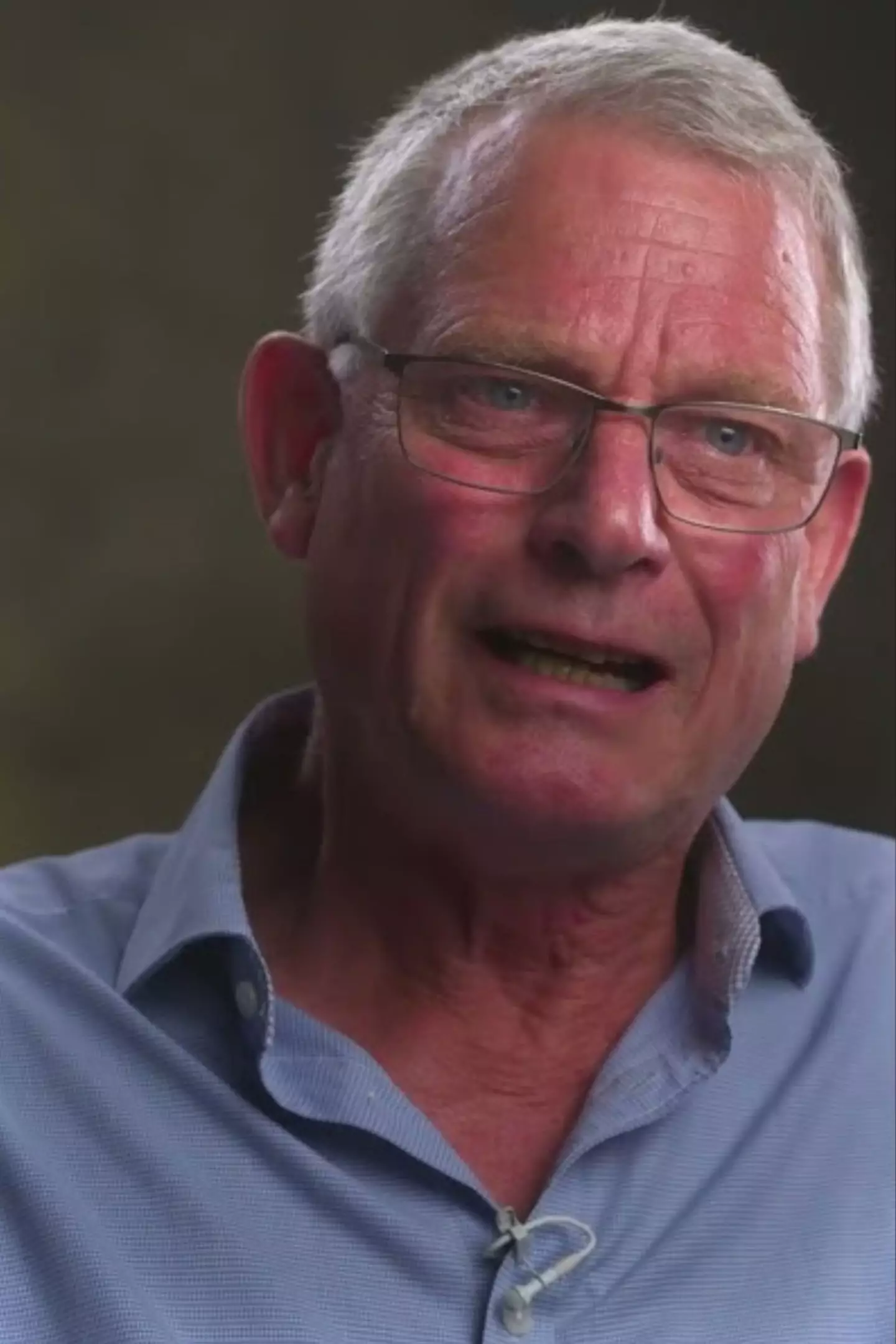
A mortician has detailed exactly what he thinks death ‘smells like’ - admitting that the cocktail of scents is ‘pretty gross’.
Victor M. Sweeney came across his first dead body at the tender age of three. The deceased was his best friend at the time, who ‘died in his bed’.
Years later, he would witness his first embalming process at just 18, before going on to study pre-mortuary science at North Dakota State University.
After getting a bachelor’s degree in funeral service and mortuary science at the University of Minnesota, the professional accepted a job as a funeral director at the DuBore Funeral Home, based in Warren, Minnesota.
Advert
According to an interview with CNBC last year, Sweeney earns a cool $87,000 (£64,917) per year.
Earlier this month, the mortician sat down with LADbible Stories to reveal various business titbits.
These included whether he was afraid of death, whether he’d ever seen maggots in rotting human carcases, and if death had a particular smell.
To the latter, he replied that deceased people simply smell ‘bad’.

Mortician describes what death ‘smells like’
“Death smells bad,” Sweeney candidly admitted to LADbible Stories.
“You ever smell rotting meat or rotting vegetables? Something like that, it’s pretty gross.
“Our caveman brains that we still possess don’t like the smell of dead things and they really don’t like the smell of dead people.”
Sweeney also revealed that deceased humans usually smell very different from dead pets, such as cats and dogs.
.jpg)
According to previous research, this is because we release a unique blend of chemical compounds.
Anna Williams, a forensic anthropologist at the University of Lancashire, said that around 800 chemicals make up the smell of death.
These include hexanols, which have a surprising scent of freshly cut grass, butanol, generally described as strong and sweet, as well as palmitic, which is said to often smell like ‘old people’s homes’.
Pathologist reveals his thoughts on the smell of death
In another interview with LADbible Stories, Forensic Pathologist Dr Richard Shepherd revealed that working with dead bodies on a regular basis can help lessen the impact the overwhelming smell of death has.
“When you’ve done 23,000 autopsies, you don’t notice the smell or you don’t take any notice of it,” he claimed.
“There are other things that are much more important - what you’re dealing with, what it feels like, what does it look like?”

Dr Shepherd described the smell as nothing more than a ‘transient thing’, remarking that it isn’t there for ‘any significant period of time’.
“People who come into the autopsy room are really worried about the smell. But it simply is not an important component in 99.9 percent of post-mortems.”
Victor Sweeney’s new book
Mortician Sweeney’s new memoir, Now Departing: A Small-Town Mortician on Death, Life, and the Moments in Between, is set for a UK release on November 20.
The 288-page book is published by Simon & Schuster. It sees the father-of-four exploring the science and mindfulness that helped him build his successful career.
A synopsis reads that each page of Now Departing features reflective observations and true stories from the lives and deaths that Sweeney has come to know through his work in a small Minnesota town.
“With grace and understanding, he also explores the rituals around preparing and saying goodbye to those we mourn; the love and forgiveness that arises in the face of grief; the universal interplay of walking between the chasm of the mundanity of a required business practice that touches on humanity’s deepest metaphysical realities; and ultimately, how loss gives us the opportunity to focus on and celebrate the elements we have gained,” the blurb added.
You can pre-order Now Departing: A Small-Town Mortician on Death, Life, and the Moments in Between now.
